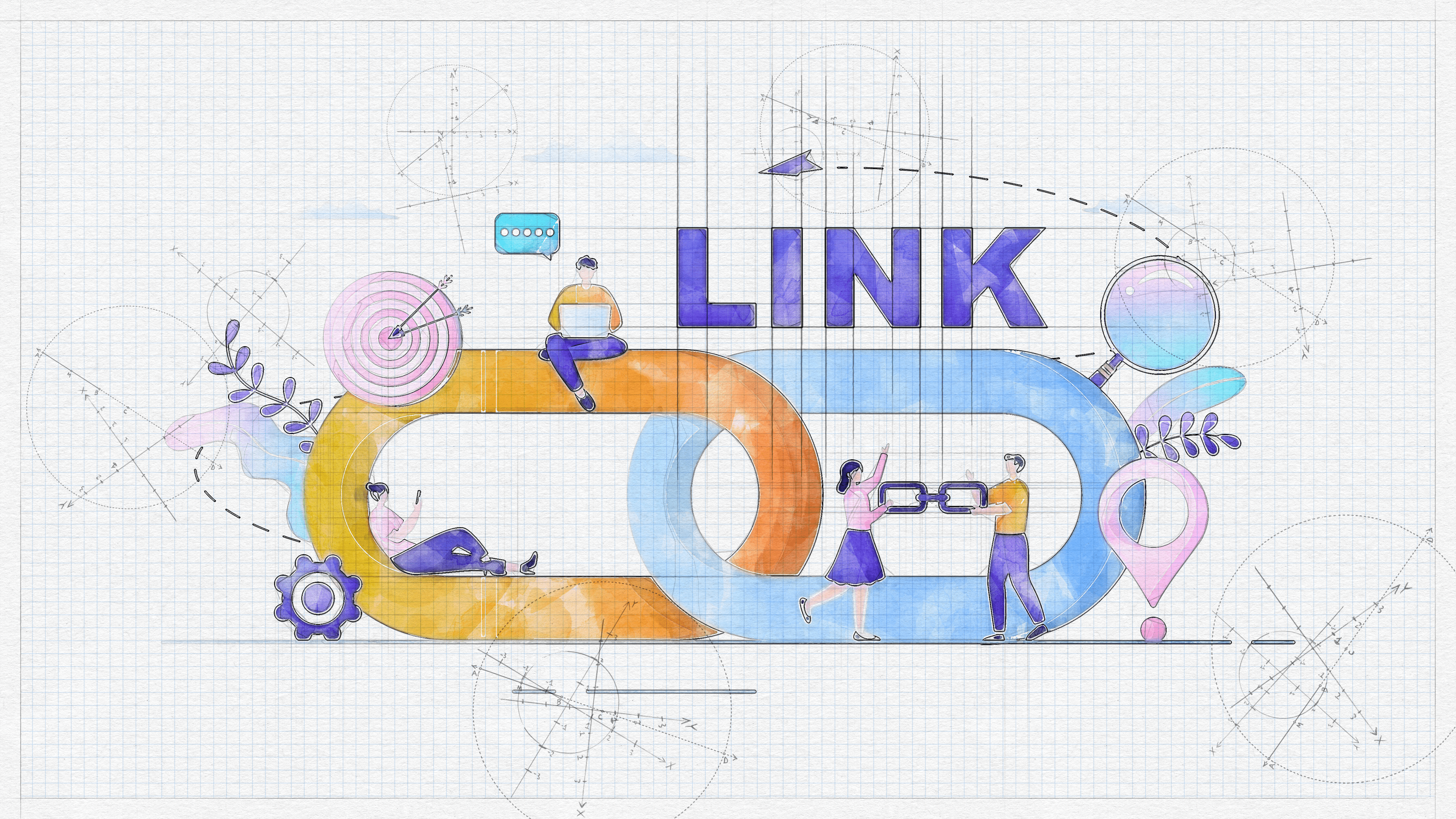A company’s culture can be defined through its fundamental set of values, ethics, and beliefs. It can be represented in a variety of ways, ranging from how business is conducted and executed to how individual employees interact with each other in the workplace. The physical work environment, as well as leadership approaches, all reflect a company’s culture. There are more complex aspects to it like how people feel about their job, the values they hold, where they see the firm headed and what they are doing to get there. These characteristics also contribute to an organisation’s personality — or culture.
The Role of Founders in Shaping Company Culture, Leading by Example
Founders have a pivotal role in defining company culture as they are the driving force behind growth. They have a unique opportunity to define the tone and values that pervade the firm as visionary leaders. This definition starts from the moment they hire the first employee. Founders need to inspire and encourage workers to embrace the desired culture by leading by example. Their actions, decisions, and behaviours influence how workers perceive and understand the company’s values and mission. Whether it’s encouraging open communication, cooperation, or emphasising on work-life balance, entrepreneurs must model the cultural attributes they want to create. Founders should aim to develop a dynamic and authentic business culture that not only attracts top people but also supports long-term success by continually aligning their activities with the intended culture.
Defining Core Values and Mission
The foundation of a strong company culture is its mission, values and goals. Employees want their work to be meaningful. That is why it is critical to set and effectively convey your company’s goals. Whether it’s environmental convservation, making the best pizza in town, or, as my firm does, redefine people management and lead the people management revolution, you want to make sure your employees understand that their job has a purpose other than earning income. While your purpose explains why your company exists, your core values reflect how you work and who you are as a company. These guiding values govern how individuals interact, make decisions, and accomplish outcomes. Whatever your company’s values are—for example, flexibility, teamwork, or customer service excellence—they must be more than simply words. Your values should mirror the way you do business. A well stated short- and long-term organizational goals assist employees in remaining focused and motivated as they will know what they are working towards.
Hiring for Cultural Fit : Finding the Right People While Creating an Inclusive and Diverse Environment
Cultural fit, at its most basic, implies that workers’ attitudes and behaviors are consistent with their employer’s fundamental values and business culture. Finding individuals who contribute to your company culture is critical; thus, cultural fit should play a significant role in your recruitment and hiring process. Employee happiness, engagement, productivity, and retention all improve by hiring for cultural fit. Founders should make an effort to teach staff how to hire for cultural fit. However, there is one thing to keep in mind, personal similarities should not be confused with cultural fit and your recruiting approach should be open and egalitarian. It seems attractive to hire the familiar option but you run the risk of creating a relatively homogenous company demographic. Instead, look to hire diverse individuals who will bring a variety of thoughts and perspectives to the table which would not have been possible by looking at “fit” alone.
Employee Health
The health and wellbeing of your employees is another defining aspect of your company culture. No one wants to work in a company which induces burnout among employees. How founders treat and compensate their employees will determine if the company culture will be sustainable or not. They should encourage a good work-life balance by enforcing reasonable working hours, avoiding overwork, and valuing personal time away from work; a pleasant and inclusive work environment in which people feel appreciated, respected, and supported. Along with this, provide competitive salary and compensation packages in order to recruit and retain great employees. Consider benefits such as health insurance, pension plans, flexible working hours, and paid time off. Involve workers actively in decision-making processes, solicit feedback, and encourage them to give ideas and proposals. Recognize and honor their accomplishments and contributions. Incorporating these things will do wonders for employee health and overall employee productivity.
Sustaining a Positive Company Culture Over Time
A positive culture, once built, requires maintenance and direction. Toxic conduct and unresolved issues can undermine your general culture and employee morale. As a founder, it is critical to address any concerns as soon as possible. This entails establishing a secure and discreet channel for workers to report issues, whether via a designated HR representative or an anonymous reporting system. Investigate concerns thoroughly and take appropriate action, which may include disciplinary action or counseling. Additionally, to settle disagreements between people or teams, encourage conflict resolution techniques such as mediation or facilitated conversations.
The Power of a Strong Company Culture for Success
A strong company culture has the power to drive success in multiple ways. It increases employee engagement, resulting in motivated and committed workers who contribute to innovation and productivity. Also, a strong culture enhances productivity as employees feel supported and connected, leading to effective collaboration and focused efforts. Overall, a strong company culture is a catalyst for success, boosting engagement, reducing turnover, simplifying recruitment, and improving productivity.










